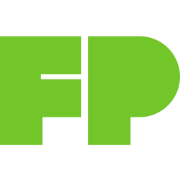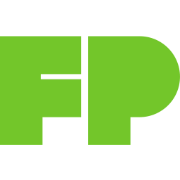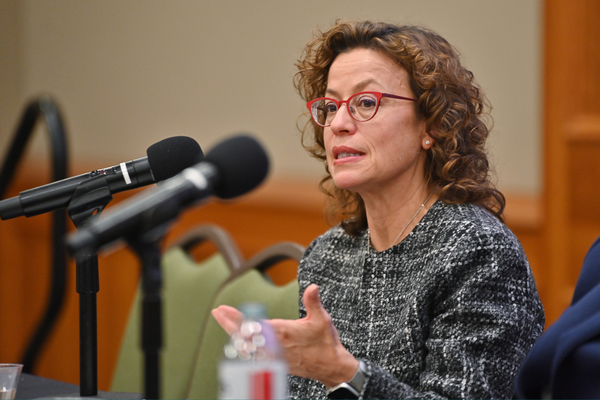Welcome to Pressing Issues
The future of media and tech — and what you can do about it

Welcome!
This is Pressing Issues — the new twice-weekly Free Press newsletter with ideas and analysis about everything happening at the intersection of media, technology and democracy.
We’re starting this newsletter for the same reason that we started Free Press 20-plus years ago: For far too long and far too often, the decisions shaping media and tech — and by extension, how we communicate with each other, how we are governed, and how we understand and uncover the truth — have been made in the public’s name but without our involvement or consent. We aim to change that and build a media-and-tech system that actually serves the public, reflects our incredible diversity and reclaims our democracy.
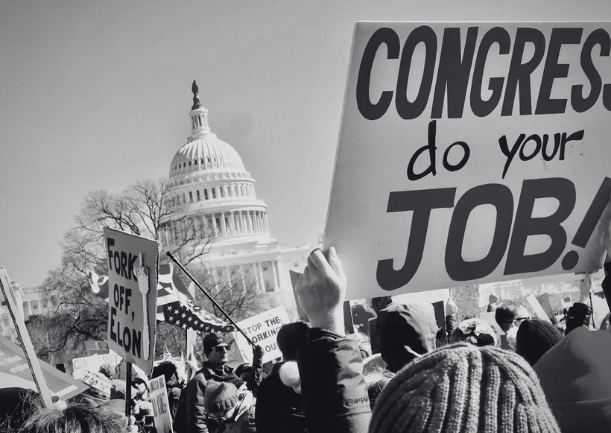
Of course, we find ourselves at a moment when this is all at risk. Over the past few months, we’ve seen tech billionaires literally lining up on stage to inaugurate an aspiring authoritarian president. Federal regulators are shaking down media companies — and many are capitulating. And then there’s former “special government employee” Elon Musk, whose path of destruction through our federal government is still reverberating. Diverse and dissenting voices are being threatened with defunding, detention and deportation. And the should-be opposition is often found hiding under the table, self-censoring itself — afraid to even utter words like democracy and equity — and pretending the old rules and norms still apply.
Meanwhile, local news is in a decades-long death spiral, spam and disinformation have taken over social media, and dramatic disruption and transformation in media and tech are being exploited to extract our private data, increase surveillance and further trash the planet.
Writing a different story
This dystopian path we’re on isn’t our only option — and the way we cover media and tech needs to change. This shouldn’t just be a business-section or gadget-shopping beat. There’s another set of stories out there: stories of resistance, innovation and community service. At Pressing Issues, we aim to tell those stories, too. So often in media coverage, the public-interest perspective is relegated to “the kicker” — the last paragraph in the story that nobody reads. We’ll work to flip that approach, amplifying voices you don’t hear in the traditional press — and not just quoting people who stand behind podiums and issue official statements.
We’ll work to reject Washington’s ever-narrowing vision of what’s possible and pursue solutions that improve people’s lives and move us closer to a more just world. We’re driven by a belief that the media isn’t just something that happens to us. It’s something that we can and must shape and change to create a true multiracial democracy.
Who we are
I’m Craig Aaron, the co-CEO of Free Press, where I’ve worked for the past 20 years on campaigns to safeguard the open internet, rescue and reimagine public media and local news, and bring the public into media- and tech-policy debates. I’ll be writing weekly on Tuesdays (usually) about what’s happening inside and outside Washington, shining a light on officials and executives failing to serve the public, and exploring new and creative solutions to the thorniest media and tech dilemmas.

My co-pilot in this project is Julio Ricardo Varela, a Boston-based senior director at Free Press and a veteran journalist and producer. Julio joined Free Press in 2025 after a career launching the groundbreaking Latino Rebels news site and leading the Pulitzer-winning Futuro Media. Julio is also the founder and publisher of the Latino Newsletter (subscribe!) and a regular columnist for MSNBC.com. Julio will be editing and curating this newsletter, and you’ll be seeing his byline regularly.
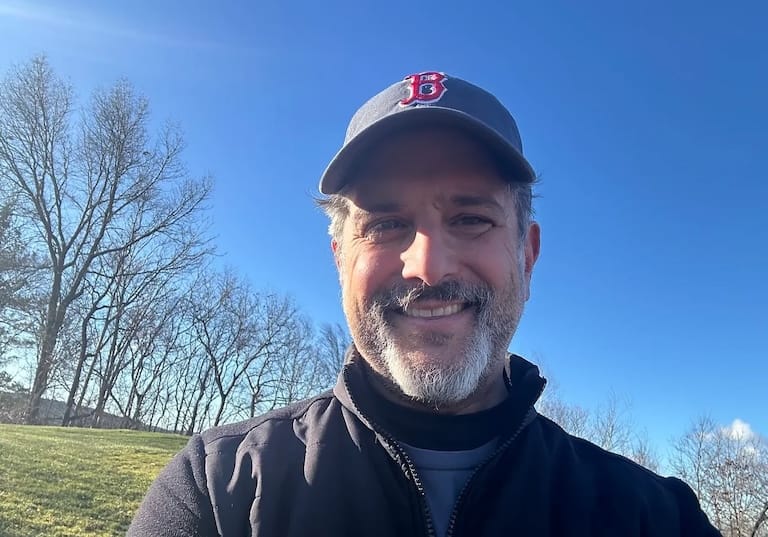
And we couldn’t make this happen without the sharp-eyed copy editing of Amy Kroin and the tech and design support from our whole team.
What to expect
In this space, you’ll find us working to expose corruption and capitulation, to provide an early warning on threats to our ability to connect and communicate. We’ll be digging into what’s hiding in the footnotes and data sets and what’s happening in the boardrooms and backrooms of Congress and places like the Federal Communications Commission. But we’ll also share inspiring stories of activism and interview policymakers, professors and periodistas who are breaking new ground. And we’ll wrestle with big ideas and the strategies needed to make them a reality.
You won’t just hear from Julio and me. We’ll be tapping into the talents and expertise of many of the leading voices at Free Press. So expect to hear regularly from our colleagues like Jessica J. González on challenging the haters and pursuing media justice; Nora Benavidez on the future of freedom and free speech; Timothy Karr on corporate capitulation to the Trump regime; Joseph Torres on history, race and reparations; and S. Derek Turner, who’s watching industry as closely as anyone … to name a few.
We’ll also regularly do Q&As with policymakers, authors and activists you should know. We’ll highlight the best work of our team and our allies. We’ll also share what we’re reading and watching, keep an eye on our opponents (including a certain Substack that has taken our organizational name in vain), and tell you about upcoming events and ways to take action. (For a sampling, see below.) The stakes have never been higher, and we hope you’ll keep reading, tell us when we’re right — and when we’re wrong — and help us remake and reimagine media and tech to serve all of us.
Thanks for subscribing to Pressing Issues — please share this message and tell your friends to sign up, too!
Teamwork
We have the best colleagues. Here’s what they’re up to:
Free Press just launched an incredible new online resource — The Media Capitulation Index — charting the modern faces of media ownership and showing the danger of allowing a small cartel of billionaires to control so much of our media.
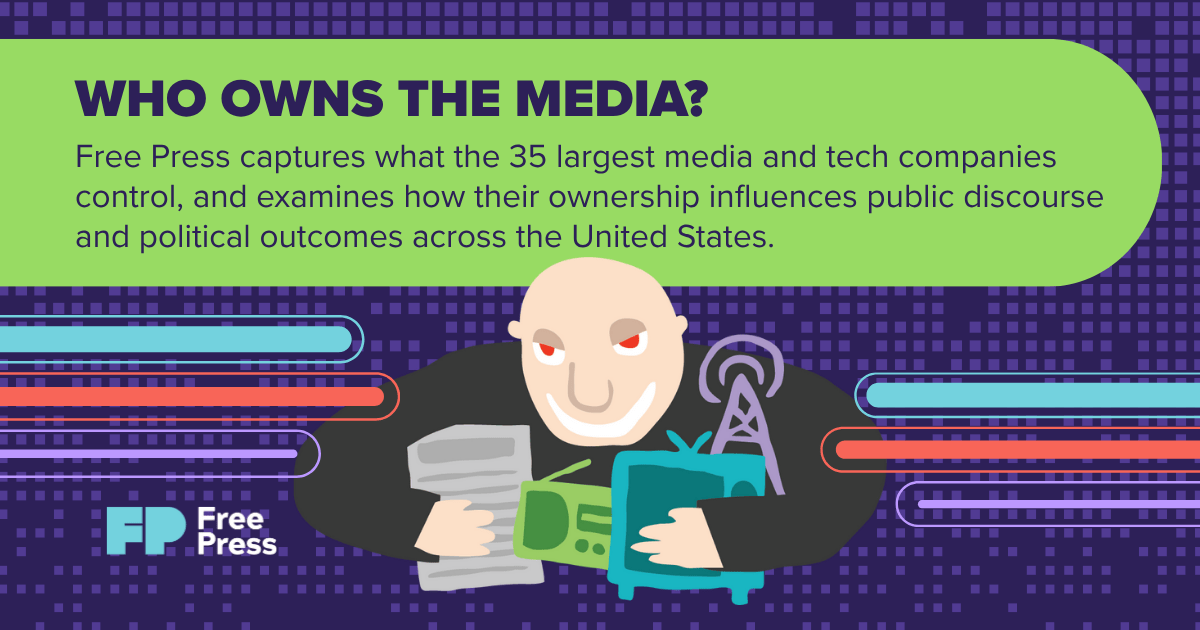
In profiles of 35 media companies across broadcasting, publishing, cable, telecom and online platforms, Timothy Karr investigates the deep entanglements these companies have with government interests, including their dependency on government contracts and other official favors. In most cases, these ties explain why so many of these media companies have bent the knee to the political powers that be — a deeply concerning development at a time when the Trump regime is attacking journalism and undermining free speech.
In a companion report published today, A More Perfect Media: Saving America's Fourth Estate from Billionaires, Broligarchy and Trump, Tim offers an analysis of the structural forces driving U.S. media companies to abdicate their obligation to hold power to account and defend our democracy. The great Margaret Sullivan interviewed Tim today about this new project.
Open tabs
What we’re reading, watching and won’t stop talking about.
Free Press and Media 2070's Joseph Torres has a new essay in The Objective connecting today’s crisis to the FCC’s history of structural racism. As he writes: “A critical factor those fighting for racial justice and against authoritarianism have to contend with in understanding Trump’s political rise is the powerful role that federal agencies like the FCC have historically played in contributing to undermining the 14th Amendment and historic civil rights protections.”

I love this Adopt a Station effort from Alex Curley of Semipublic, which highlights the public-media stations most at risk after Congress clawed back $1.1 billion in federal funding in July. If you live in a big city with a well-funded station, support one somewhere else that really needs the help!
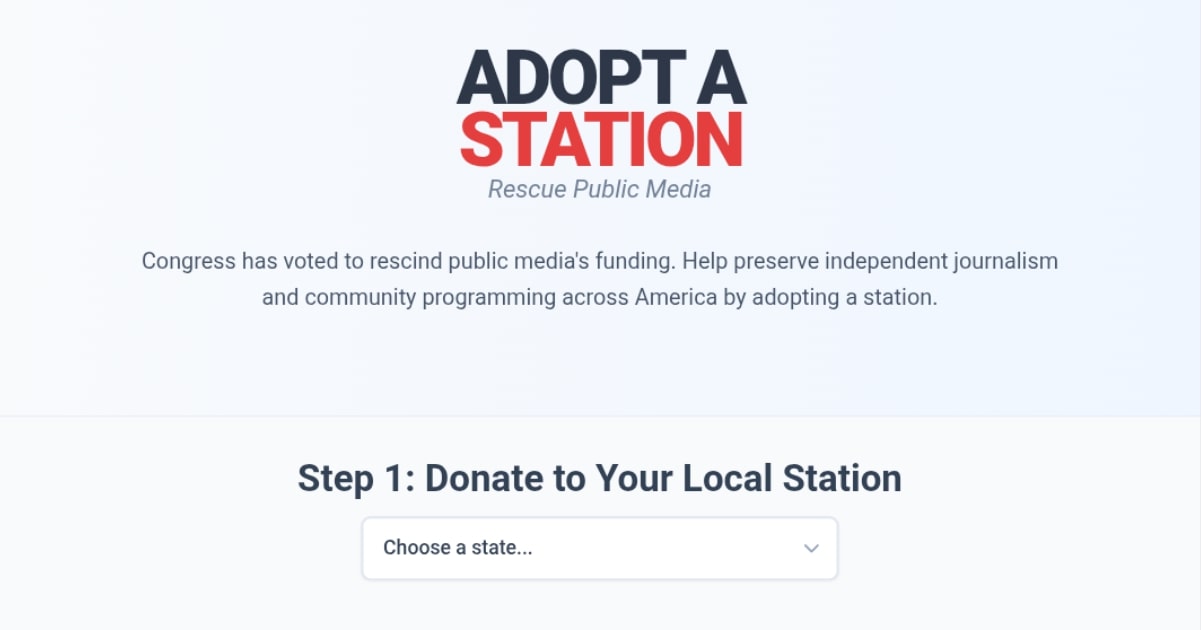
As you may have noticed above, I also love em dashes — the essential punctuation mark that is not to be confused with the lowly hyphen. This is yet another thing that AI is about to ruin, according to Salon’s Andi Zeisler.

I can assure you that all em dashes at Pressing Issues are 100 percent organic.
The kicker
“Choose a lane and do what you can. That’s all any of us can do and still live our lives. We’re all navigating the horror, the banality and also the beauty of the world. Give yourself some grace and remind yourself that you can be part of building up what’s been undone, more radically and boldly. What is torn down sometimes needs to go. Don’t hold on tightly to things that have never served us. And when something can’t be fixed, we should ask: what can be built instead?” — Mariame Kaba in Prisons, Prose & Protest
About the author
Craig Aaron is the co-CEO of Free Press and Free Press Action and a guy with two first names. Follow him on Bluesky.
